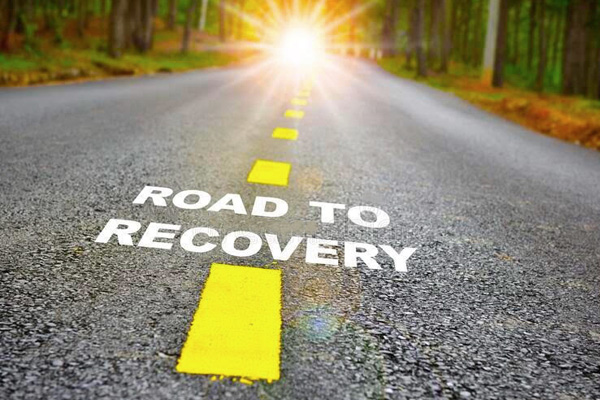EDUCATE AND ELUCIDATE –
Feb. 8, 2022 – Addiction viewed through an existential-humanistic lens.
I view addiction, and the road to recovery, through an existential-humanistic lens. This includes the following: On a physical level, you have a biochemical imbalance. Often, there is a genetic predisposition to addiction. The predisposition can be recognized if you have biological family members who have a drug and alcohol addiction, whether they are active or recovering. Having a predisposition doesn’t mean you will become addicted to drugs or alcohol. It just means there is a higher chance you will.
If you abuse drugs or alcohol for an extended period, your body chemistry can be changed, and addiction is the result. However, if you have a biochemical imbalance, it is a given of your existence. In existential terms, it is important to deal with your limits and not deny them. For long-lasting sobriety to occur, you can never drink or use again. What you do have control over is the mental, emotional, and transpersonal issues you are dealing with. Examining them, and working through your issues, can support a quality and long-lasting sobriety to happen.
On the mental and emotional level, there is an emptiness in your life; a void. There is a lack of meaningful purpose. You feel helpless in the face of a world where there is so much pain and suffering. The altered state experienced through drugs and alcohol can be used to fill up the void and experience a false sense of meaning. You experience a lack of authentic connection to yourself, to others, and to the world.



